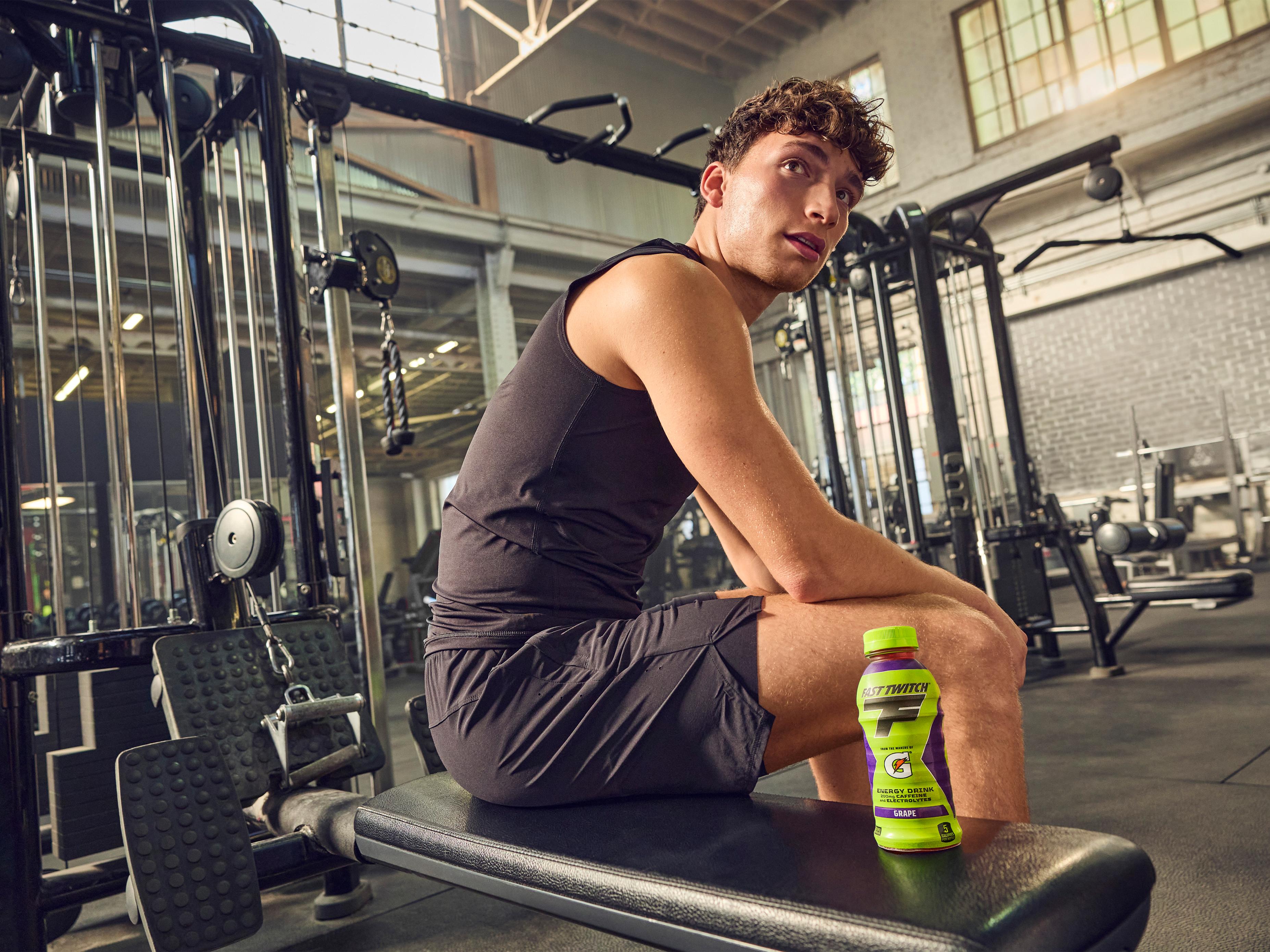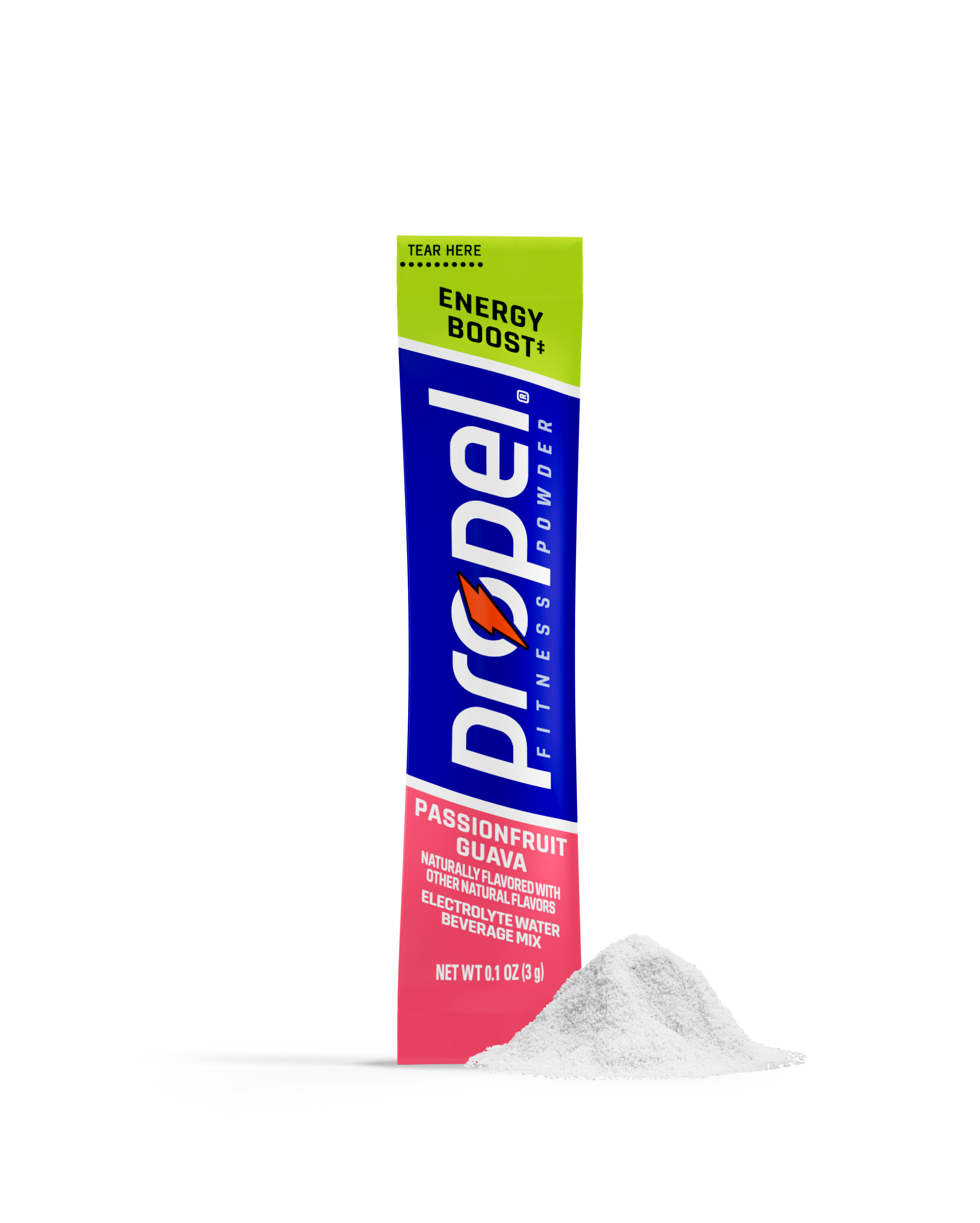
Performance
Caffeine & Athletic Performance: How, When, and Why It Works

Whether you sip a coffee before a run or pop a piece of caffeine gum during halftime, this much is clear: caffeine can help you go harder, faster, and longer. But recent research shows the caffeine-performance connection is more nuanced than we once thought.
Turns out, it’s not just about how much you take—but when, how, and even who you are.
Note: Caffeine is not recommended for children, people who are pregnant or nursing, and those who are sensitive to caffeine
The Basics: How Caffeine Works
Although caffeine isn’t fuel for the muscles like carbohydrates, caffeine enhances performance primarily through its interaction with your nervous system. It blocks adenosine receptors, which reduces feelings of fatigue and pain and increases alertness and central drive.
This effect has been observed across endurance sports, resistance training, team sports, and even skill-based activities like golf and tennis.
Lower Doses, Fewer Side Effects, Still Effective
It used to be all about the high doses: 5 to 9 mg of caffeine per kilogram of body mass. Sure, those doses boost endurance, but they often come with jittery nerves, upset stomachs, and poor sleep.
Now, we know that lower doses (<3 mg/kg, or ~200 mg for a 150lb person) taken before or during exercise can provide similar performance benefits without the negative side effects for most people. These low doses are effective in both trained men and women across endurance and intermittent sports like soccer, swimming, and even tennis.
When Timing is Everything
You don’t have to load up before the starting gun. New findings show that taking low doses of caffeine during prolonged exercise can still improve performance. In one study, cyclists who took 100 or 200 mg caffeine 80 minutes into a 2-hour ride, then completed a time trial (how long it takes to do a specific amount of work) finished faster than the placebo group.
That doesn’t mean you should avoid caffeine before starting, just that even late-stage caffeine can give you a crucial edge, especially when fatigue starts to set in.
More Than Just a Pill or a Cup
Caffeine doesn’t have to come in a capsule or cup of coffee. Athletes now have options:
Gels
Chewing gum
Energy drinks
Mouth strips
Bars
These forms can work just as well, and sometimes even faster depending on how they’re absorbed. Caffeinated gum and gels, in particular, have shown solid ergogenic effects.
That said, mouth rinses and aerosol sprays are less effective—the caffeine dose may be too low or the absorption too inconsistent to make a significant difference in performance.
The Genetics Factor
Not everyone responds to caffeine the same way, and your DNA might be why.
Certain gene variants affect how quickly you metabolize caffeine (CYP1A2) or how sensitive your adenosine receptors are (ADORA2A). Some studies suggest that people with the "fast metabolism" variant get more of a boost, while others may actually see no benefit—or even a decline in performance.
But the jury is still out. Not all research agrees, and more work is needed to determine if gene testing should guide caffeine use in sport.
Practical Takeaways for Athletes
Start small: Try 100–200 mg caffeine (~1.5–3 mg/kg for a 150 lb person) and monitor how you feel.
Test in training, not competition: Everyone reacts differently, and race day is not the time to experiment.
Consider timing: Pre-exercise works, but during prolonged sessions can be just as effective.
Choose your format: Coffee, gels, gum, drinks—all can work. Pick what fits your sport and gut best.
Understand variability: Your genetics, sleep, diet, and training status all influence how you respond.
Note: Caffeine is not recommended for children, people who are pregnant or nursing, and those who are sensitive to caffeine
Fueling Smarter with Caffeine
For athletes looking to boost focus and performance, Gatorade Fast Twitch offers a powerful solution. Designed specifically for pre-workout use, Fast Twitch delivers 200mg of caffeine per 12 fl oz resealable bottle—making it easy to control your intake if you don’t want the full amount at once.
It also provides 100% of the daily value for vitamins B6 and B12, has no artificial flavors or colors from artificial sources, and is NSF Certified for Sport, ensuring it meets high standards for purity and safety. Perfect for athletes who want an effective energy boost before training or competition.
- 200mg of caffeine
- Electrolytes
- 100% daily value of vitamins B6 and B12
- Zero sugar
- No artificial flavors or colors from artificial sources
Gatorade Sports Science Institute

